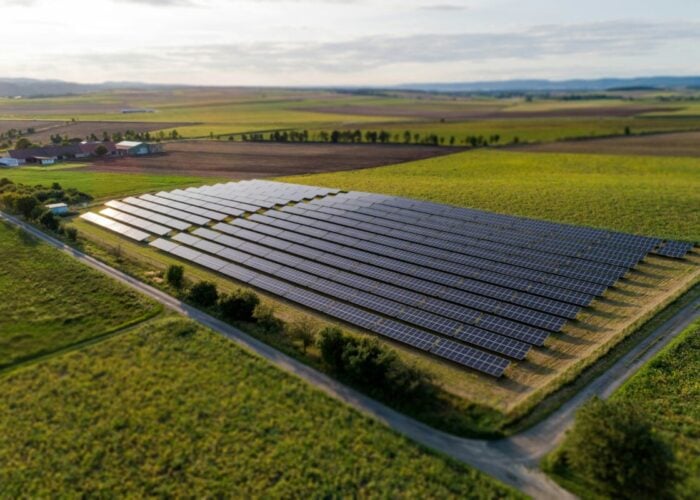Kenya’s pipeline of PV projects given initial government approval to receive the country’s new feed-in tariff has risen to 750MW.
Despite some uncertainties last year over the status of large-scale PV in Kenya, the country’s director of renewable energy, Isaac Kiva, has revealed that 25 projects totalling 750MW are now being advanced.
Try Premium for just $1
- Full premium access for the first month at only $1
- Converts to an annual rate after 30 days unless cancelled
- Cancel anytime during the trial period
Premium Benefits
- Expert industry analysis and interviews
- Digital access to PV Tech Power journal
- Exclusive event discounts
Or get the full Premium subscription right away
Or continue reading this article for free
Speaking at the Solar & Off-Grid Renewables Africa conference in Nairobi on Tuesday, Kiva said most of the projects were at the feasibility study stage. They must complete this before being able to proceed to the power purchase agreement (PPA) stage.
However, two have completed feasibility studies and, if approved by Kenya’s feed-in tariff policy committee, will be referred to national utility Kenya Power to finalise a PPA.
These projects include a 20MW plant and a 0.6MW rooftop plant being installed by Strathmore University in Nairobi. The project is intended to act as a pilot for large-scale, grid-tied solar in Kenya.
Until Kenya’s FiT was revised in 2012 to US$0.12/kWh, it had attracted little interest, but Kiva said last year the Kenyan government had received applications for 112 projects across all renewable energy types.
Kiva also revealed that Kenya was pressing ahead with plans to introduce a new net metering policy for smaller PV systems; the FiT is only available for projects of 0.5-40MW.
He said last week the government had heard presentations from a consultancy hired to advise on net metering, and that it looked as though the policy was a “viable option” for Kenya, potentially opening up the market to more small PV installations.
The first day of the Solar & Off-Grid Renewables Africa event, hosted by PV Tech’s publisher, Solar Media, also heard presentations from Mark Hankins, chief executive of African Solar Designs, the company hired by the Kenyan government to conduct the net metering study.
Hankins said net metering was “not an easy argument” to win due to fears on the part of utility companies over the harm the policy may do to their revenues.
“We have to get the utilities to be more comfortable with the idea. But Kenya is leading the way with this and I think we will learn more about this [soon],” he said.
He pointed out that the net metering argument was won state by state in the US, with some 40 states now running the policy.






